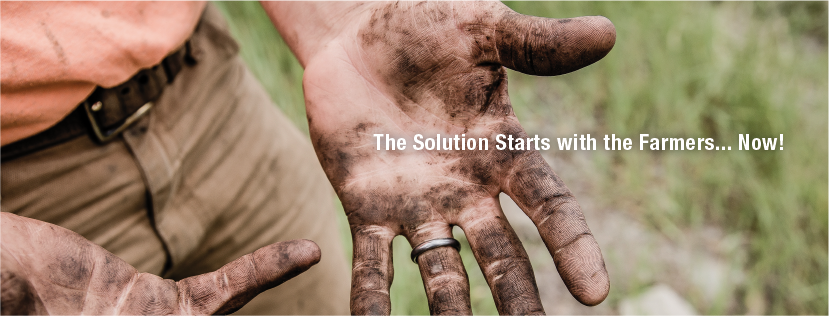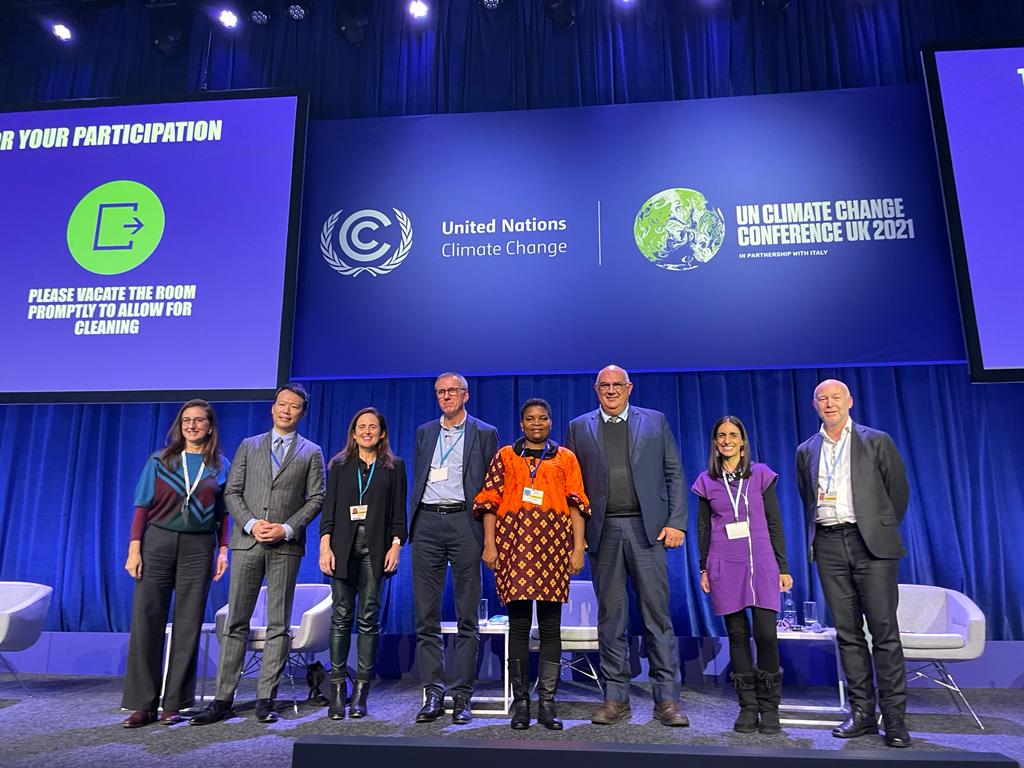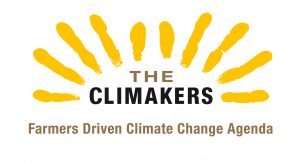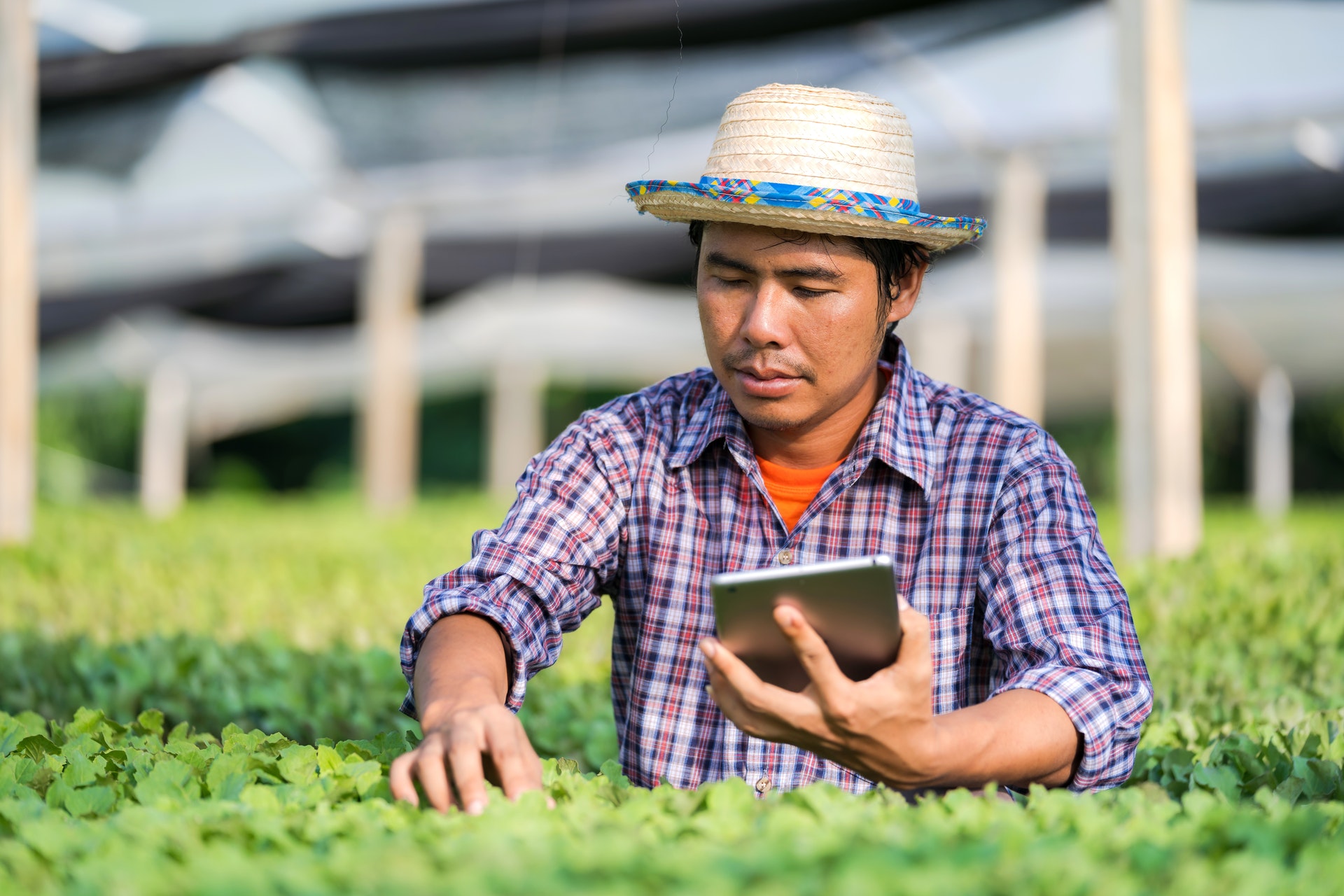
by Ambra Raggi, Policy Officer, World Farmers’ Organisation, WFO
From October 31st to November 12th, the United Kingdom, in partnership with Italy, hosted the COP26 UN Climate Change Conference.
World leaders, alongside negotiators, government representatives and other relevant stakeholders, convened in Glasgow for twelve days of talks on how to accelerate action towards a successful Paris Agreement implementation within the UN Framework Convention on Climate Change, UNFCCC.
As World Farmers’ Organisation, WFO, we are leading the Farmers’ Constituency at the UNFCCC, tirelessly advocating to make sure that farmers and agriculture are part of the policy debates around climate change.

We are dedicated to this commitment at global level while trying to catalyse efforts from the grass root level, taking practical experiences from our members across the globe to bring farmers’ solutions on the menu of governments to feed their national plans of compliance with the Paris Agreement (the so called Nationally Determined Contributions, NDCs).
 For this reason, in 2018, WFO conceived “The Climakers” initiative to bring together farmers of the world and all the relevant stakeholders of food systems with the overall objective to promote a completely reversed paradigm applying an authentic bottom-up approach, where farmers lead the global political process on climate change, through a renewed agenda that is farmers-driven, science-based and result-oriented.
For this reason, in 2018, WFO conceived “The Climakers” initiative to bring together farmers of the world and all the relevant stakeholders of food systems with the overall objective to promote a completely reversed paradigm applying an authentic bottom-up approach, where farmers lead the global political process on climate change, through a renewed agenda that is farmers-driven, science-based and result-oriented.
The main objective of the Climakers is to influence the designing and adoption of the NDCs, calling on Governments to leverage on the innovative solutions that farmers are already implementing to mitigate and adapt to the climate change.
The idea behind the initiative is straightforward: farmers are already doing a lot to fight against the consequences of a changing climate and are committed to do more to make sure that agriculture will be able to sustainably feed the world in the future. However, in order to achieve this goal, they need an enabling environment and enabling tools to boost and support the process.
As Climakers and as WFO, we recognize that innovation is the way forward for the food systems to be sustainable while addressing climate change challenges. In this framework, innovation, including technology, can play a crucial part to support farmers to make better decisions as agripreneurs. Moreover, it can support the creation of that enabling environment which is needed to face climate change and all those challenges that are directly related to this (starting from soil degradation and the loss of biodiversity to water scarcity and energy consumption).
Digital technologies can help farmers make a more efficient use of resources and better manage their farming systems while helping them accessing markets, shortening value chains and bringing them closer to the other actors of the value chain; while they can also give farmers the tools to measure their impact on the environment feeding policies and actions with data.
When it comes to digital technologies in agriculture the key is to ensure that we pursue daring farmer – driven collaborations to make strides toward our 2030 climate agenda. We need a system that recognizes the central role of farmer in agriculture innovation strategies, whether it relates to the direct activity of farmers or it is aimed at driving new policies’ horizons.

Climate change is one of the greatest challenges of the 21st century and farmers are on the frontline of this change, as the lives and livelihoods of those who feed, clothe, and fuel the world are directly affected by a changing climate and extreme weather events.
With COP26 just behind us we know that still a lot has to be done to put agriculture and food systems at the core of the debates and we must be prepared to make this happen at COP27.
Author: Ambra Raggi graduated in 2015 in International Relations at the University of Rome « La Sapienza ». From 2016 she worked for the Confederazione Nazionale Coldiretti (Italian Farmers’ Organisation) ‘s office of representation in Brussels, working on EU Innovation policies and funding for Agriculture; EU and International Trade policies and International Relations for the Organisation. Since October 2019 she is working at the World Farmers’ Organisation (WFO)’s International Secretariat based in Rome as a policy officer in charge of Innovation, Climate change, Livestock and Value Chain policies and projects.


